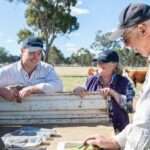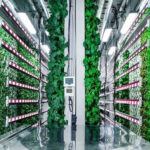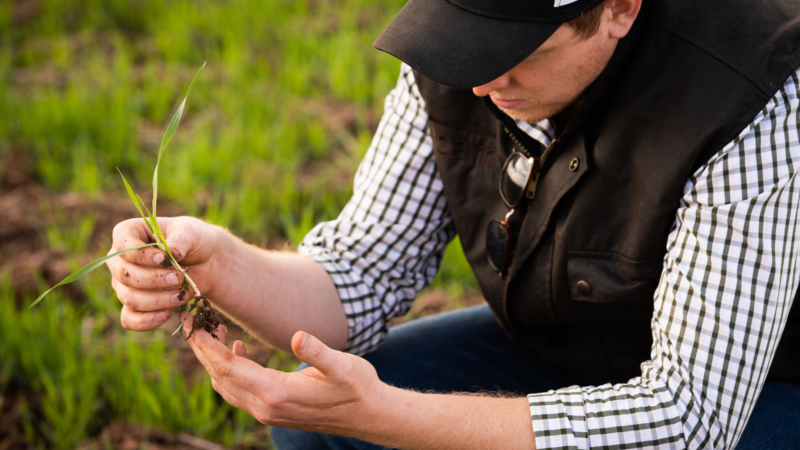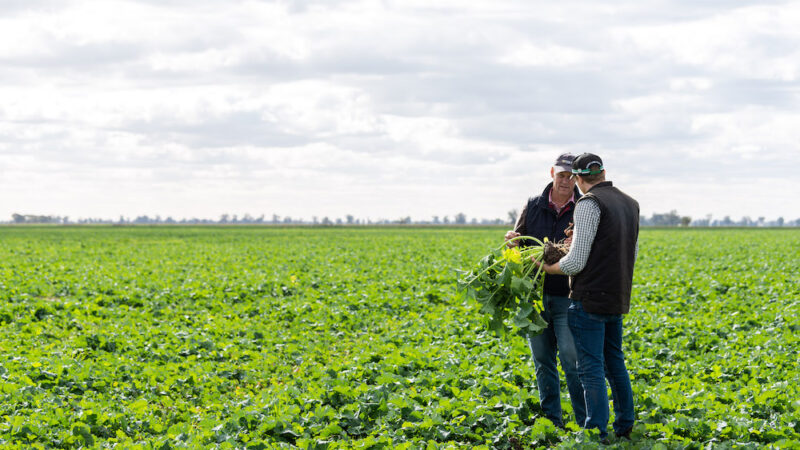Australian farmers are fast recognising carbon farming as a genuine opportunity to improve on-farm productivity,…
All eyes on carbon farming in Albury
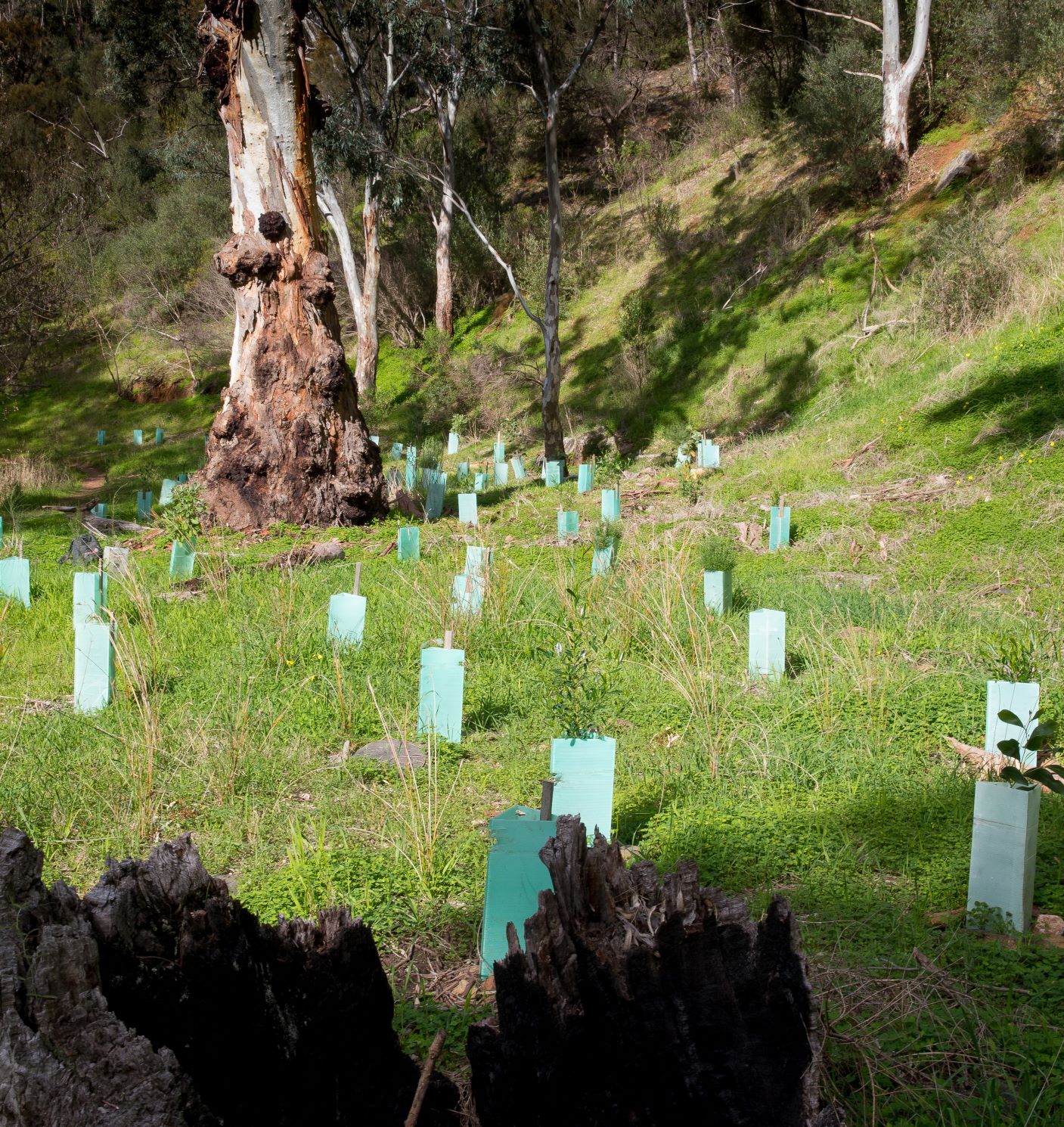
Carbon Farmers of Australia will be hosting a National Carbon Farming Conference and Expo in Albury from 23�26 May.
�Farmers want to improve land. They want to improve resilience to extended droughts, extreme weather, and other effects of climate change. But most of all they want to earn more income from their land,� says Louisa Kiely, Director of Carbon Farmers of Australia.
�You can learn how to do that and much more, at the National Carbon Farming Conference & Expo coming up in May.�
The price of carbon continues to increase substantially and Ms Kiely is keen to see farmers enjoy the advantages available to the agricultural sector via the farm-based carbon offsets industry. �It�s the �Farm of the Future� � it�s already here,� says Ms Kiely.
Ms Kiely says farmers can improve income diversity, gain productivity, achieve carbon credits, emissions reductions, biodiversity benefits, and more.
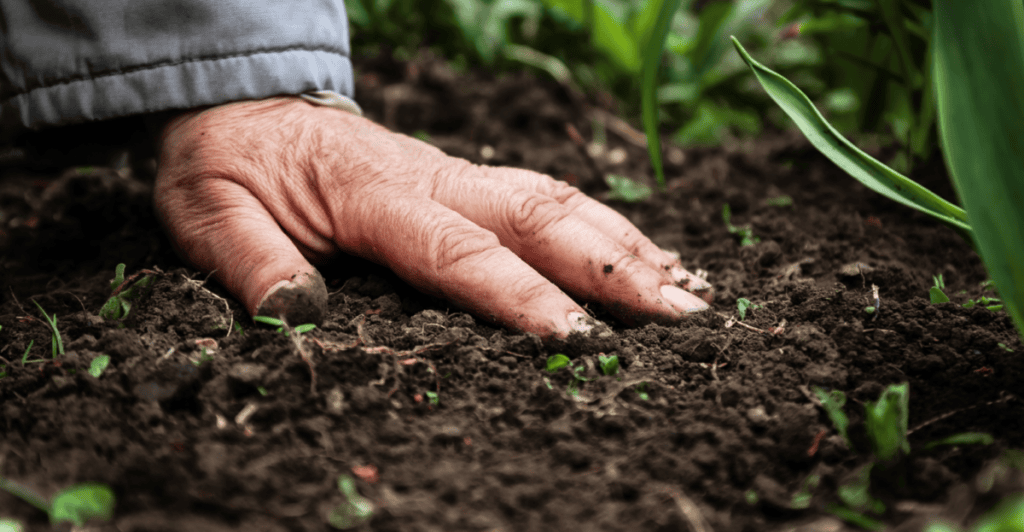
The four-day program kicks off with a �Carbon Farming 101 Workshop� � an introduction to the basics of carbon farming such as defining methods, projects, and markets.
Then over two days, there are in-depth sessions along with an expo full of trade displays from industry professionals and agricultural agencies and departments.
�We�ll hear from the Carbon Market Institute about the updates to climate change policy mechanisms and trading options. We also have the Regenerative Ag Alliance, Meat & Livestock Australia, and an update on the CSIRO LOOC-C discovery tool.�
The NSW Department of Primary Industries will explore where and how carbon farming can be integrated into current agricultural production.
Alastair Handley, Founder of Radicle Balance (Canada) will speak about international carbon markets, and his vision that emission reduction markets can build wealth, create jobs and export opportunities, and protect the environment for future generations all at once.
Attendees will also learn about measurement advances in the soil carbon space from Ignatius Verbeek, Principal of Agri X.
Ms Kiely adds there are opportunities to hear from farmers� perspectives about what they have learned during their own soil carbon projects, and what activities they are operating.
�I urge all farmers to come to the conference and get all the information you need to make decisions around your farm and how you can start to benefit now,� she says.
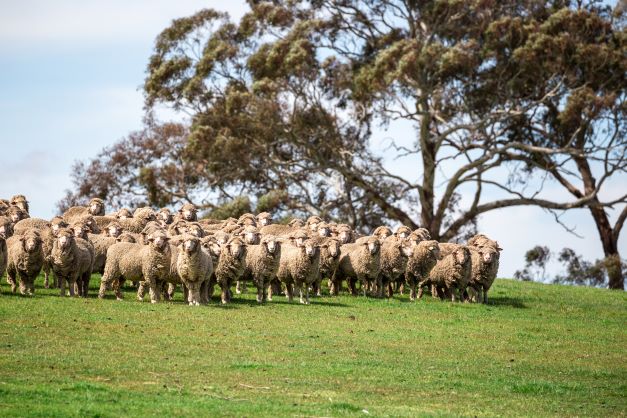
The four-day event at a glance:
Monday 23 May: Pre-Conference Events
Carbon farming 101 workshop
Welcome event
Tuesday 24 May Conference & Expo Day 1
The ‘Farm of the Future’
Happy Hour
Gala Dinner
Wednesday 25 May Conference & Expo Day 2
From theory to practice
Thursday 26 May Post Conference Event
Advanced carbon farming workshop
The program, registration, and sponsorship opportunities are available here: www.carbonfarmingconference.com.au
Carbon credits recognised as farming income
The National Farmers’ Federation has welcomed Federal Government changes to see Australian Carbon Credit Units (ACCUs) and biodiversity credits treated as farm income.
Agriculture Minister David Littleproud announced this week the Government would make the adjustment to the primary production definition of ACCUs and biodiversity credits.
NFF Chief Executive Tony Mahar said the change was due recognition that income-related carbon and biodiversity were part of a farming business.
It is also consistent with policy analysis the NFF has progressed under the Australian Agriculture Sustainability Framework (AASF) project.
“The correction will allow income from these ‘non-traditional’ commodities to receive similar treatment under a farmers’ tax arrangements including income averaging, and access to Farm Management Deposits,” Mr Maher said.
“It is also expected to clarify the timing of bringing the income to account, which is preferred to be when it is priced, not before.”
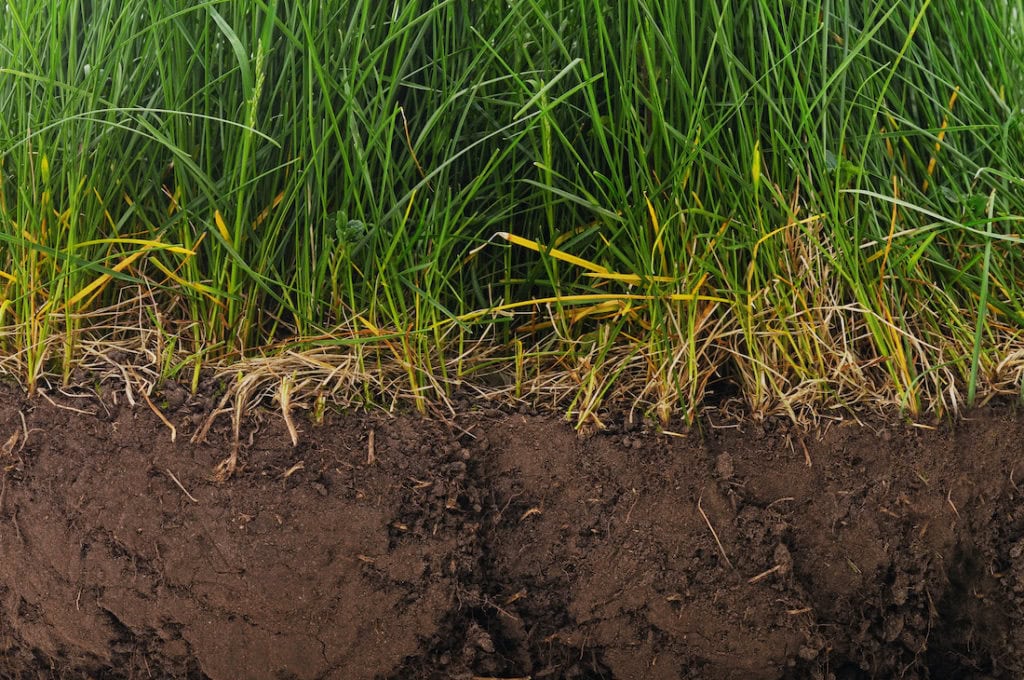
Mr Mahar said the future of agriculture would likely be a dynamic farm system of multipurpose landscapes where traditional commodities like food and fibre contributed with maintained or improved attributes from carbon sequestration, biodiversity and other natural capital systems.
The NFF continues to work on the development of the AASF which includes exploring a range of tax and other policy measures needed to make agriculture�s role in sustainability identifiable, credible and participatory in a fit for purpose legislative environment.
“The NFF’s Roadmap for $100 billion in farm gate return by 2030 includes a goal for five per cent of farmers’ income to come from natural capital by the same year. Today’s change supports this goal.”
NFF Chief Executive Tony Maher
Read more about why now is the time for farmers in NSW to weigh up whether carbon farming will benefit their farm business here.


